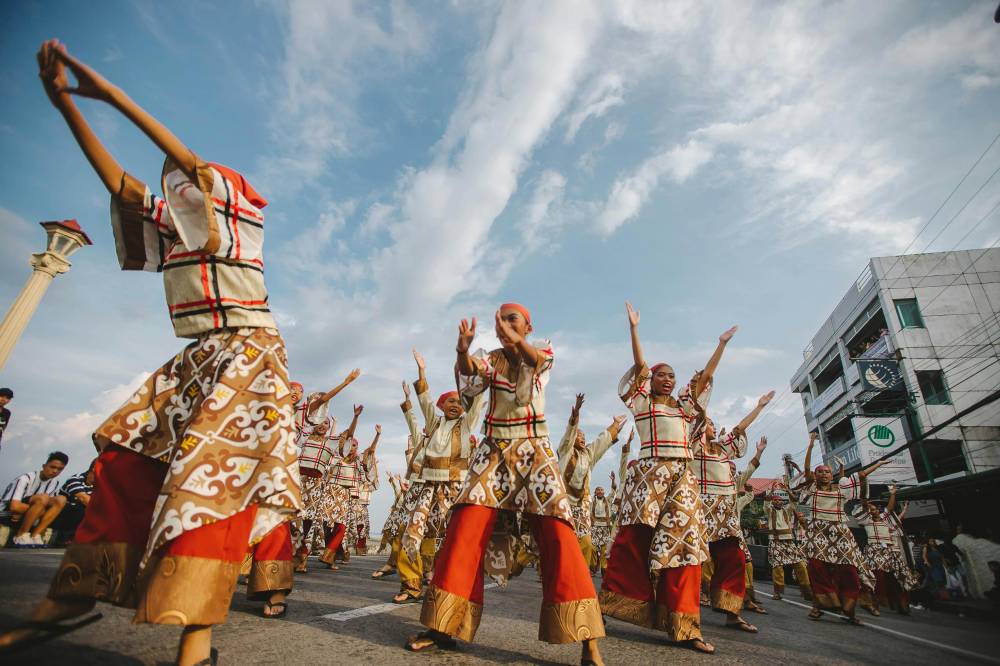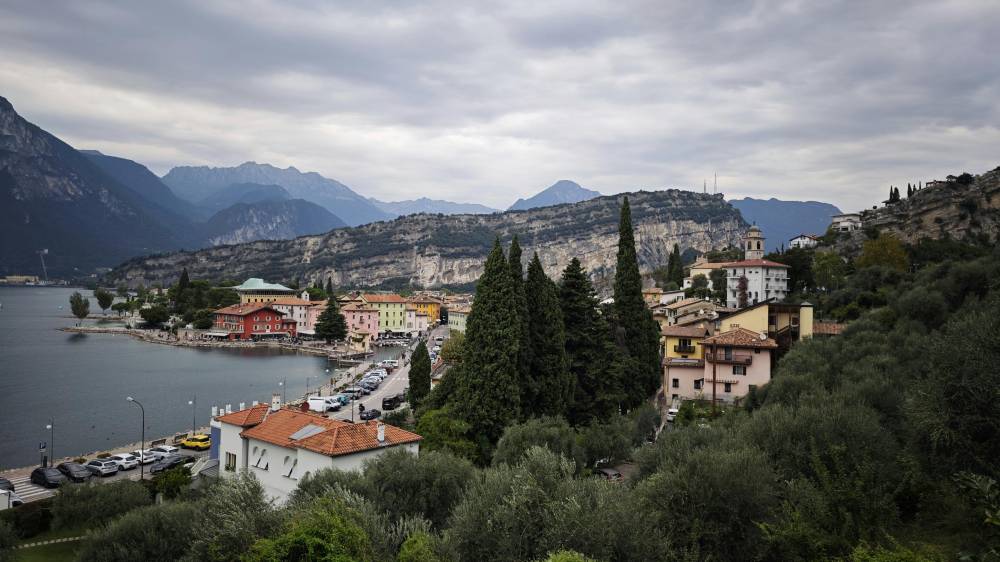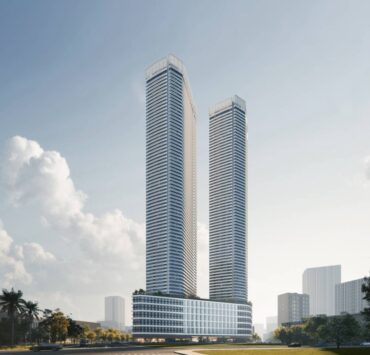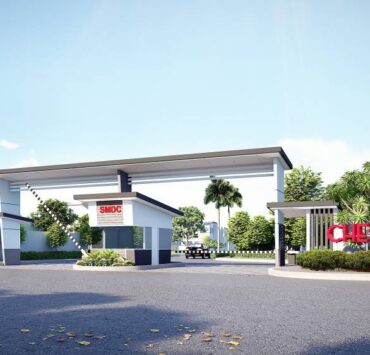The power of provincial investments

A new mall in Metro Manila rarely elicits widespread fanfare.
A new mall in the province, however, is often welcomed with grand parades, community activities and numerous visits from nearby towns.
You see, new investments in the provinces transform lives. Developments like shopping malls, high-rise condominiums and even community centers create opportunities such as new jobs, more tourists, and other investments to pour into town. While at times there are fears of environmental and cultural degradation, developers today are more sensitive to the needs of sustainability and heritage preservation.
In the Philippines, there is a need for developers to take a look at the untapped potential of provinces outside Metro Manila.
While the metro is often considered as the “safe” spot to begin your commercial ventures, you’ll be surprised how much people in the provinces yearn for something new in their towns. It’s time to consider decentralizing progress in our country and promoting real estate investments nationwide.

The untapped potential of provinces
At first glance, it might be counterintuitive to look toward the provinces for new sites of developments. To many, especially urban dwellers, the countryside may appear too rural and offer little market potential.
New developments in the provinces, however, are greeted warmly. At the opening of a new shopping center in Naga City, for example, this author can personally attest that people from all over the Bicol region flocked to the “Queen City” just to check out the new center.
Some people really scheduled and traveled two hours with family just to visit the mall on its opening day. The response is similar to fiestas– people look forward to events that guarantee a good time.
Moreover, there is actually a large market of potential investors and buyers in the provinces. Those with extra cash to spend actually take the time to travel to Metro Manila to buy products that aren’t available in their hometowns. The rise of online shopping and deliveries even in far-flung barrios attest to this idea.
Residents outside Metro Manila crave for new places that they can easily go to. Not everyone can travel far though, so existing commercial centers in provinces often become congested, especially on weekends. The time is ripe for new developers to start introducing new places in the provinces where people can spend time with families and friends.

Dealing with environmental and cultural factors
In many Pinoy movies, it’s a pretty common plot to see underprivileged communities rebelling against large investors about to demolish their humble homes.
In real life, however, not all commercial ventures destroy agricultural lands, residential areas, local shops and other important parts of the town. Today, many developers collaborate with local government units to ensure that no rights are trampled upon. The process of building permit applications exists primarily to ensure this.
In fact, some developers were able to successfully create commercial centers on the former sites of swamplands, abandoned power plants, and other areas which are no longer useful to the city. This is how many successful commercial estates in Metro Manila were born.
While it’s true that in some cases moral conflicts do arise, not all projects are like these at all. For their part, provincial residents also need to give developers a chance to start something new in their areas. More often than not, these developments stimulate economic growth and lead to other exciting opportunities for provinces in the long run.

Provinces are ready for something new
Here in the Philippines, malls are not just commercial shopping centers. They have become cultural landmarks where families bond together and new opportunities are born.
A commercial center in the province may seem questionable to some, but it may just be the lacking ingredient to propel progress across the rest of the town. Both developers and provincial communities should give each other a chance to help the Philippines decentralize and advance as a whole.
References:
Jeff Guab, Igor Mishin, Dennis Futalan and Lisa Fotios via pexels.com
A Filipino architect who has a Master's Degree in Interior Design of Commercial Spaces from IED Barcelona, Spain and with twelve years' worth of experience under the tutelage of Filipino architectural firms.

















